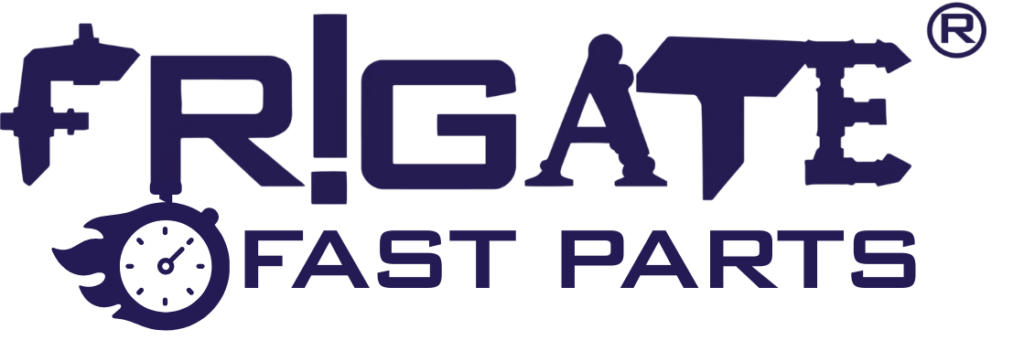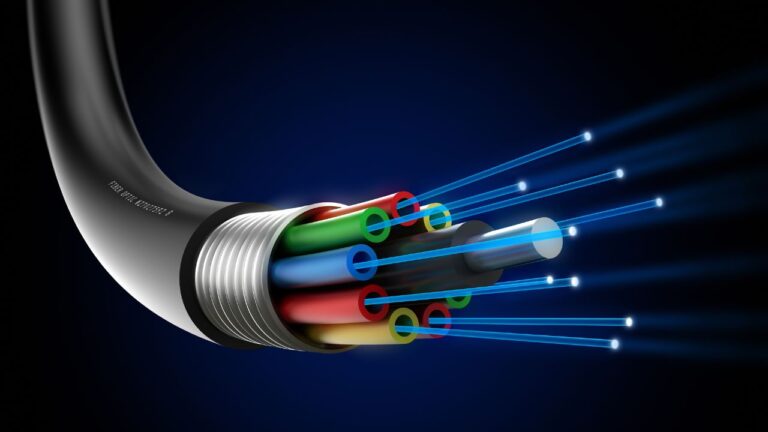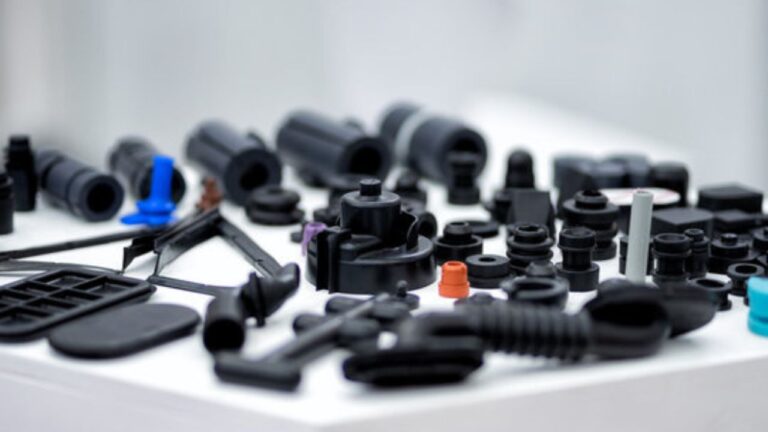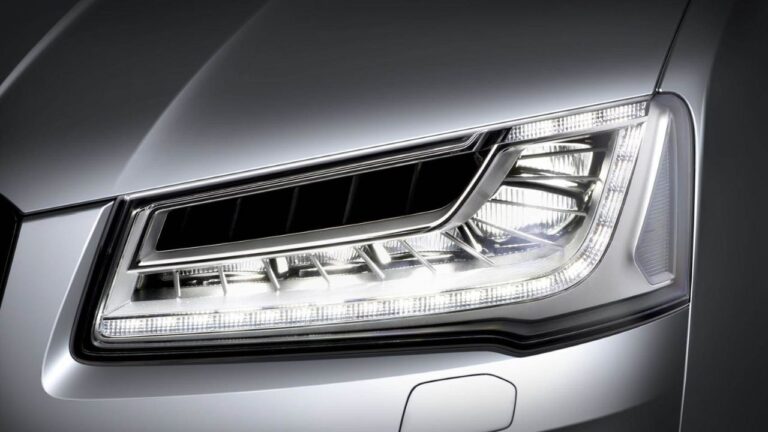CNC Turning for Oil & Gas Equipment
Frigate provides CNC-turned components rated beyond 15,000 psi, with sub-10-micron concentricity ensured by closed-loop control. Precise flange alignment prevents hydrotest failures and stress concentrations during dynamic loading.
Our Clients



































- Precision Through Smart Turning
High-Performance Machining for Pressure Systems
Frigate delivers CNC-milled components engineered for dimensional control, load-bearing thread profiles, and stability in extreme thermal and pressure conditions.
Pressure-Class Integrity
Frigate machines components exceeding 15,000 psi rating, maintaining sub-10-micron concentricity using closed-loop control. This eliminates post-assembly corrections and ensures hydrotest compliance under dynamic loading stress environments.
Threaded Joint Precision
High-load thread forms are turned with ±0.001” tolerance on pitch, crest, and lead geometry, ensuring consistent torque retention and fatigue resistance across high-pressure tool joints and downhole assemblies.
Alloy Stability Control
Superalloy and duplex steel components are machined with controlled chip-loads and thermal profiles, preserving microstructure and corrosion resistance required for sour gas, deepwater, and high-chloride service conditions.
- Process Reliability for Every Batch
Our CNC Turning Process
CNC turning ensures micron-level accuracy and concentricity in high-tensile alloys, critical for threaded and pressure-retaining components under dynamic loads.


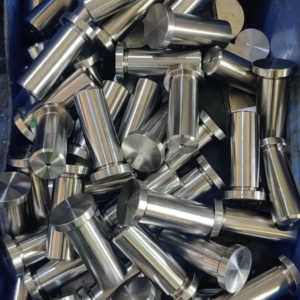
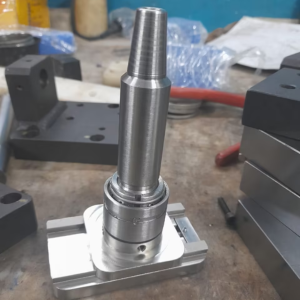
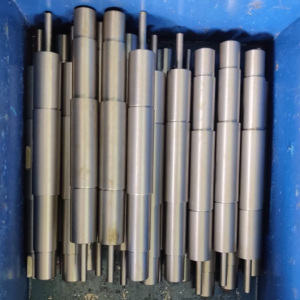

Our team designs the part in CAD software with focus on radial symmetry and tool clearance.
CAM software generates toolpaths based on spindle speeds, feed rates, and material hardness.
Operators load the raw bar stock and calibrate live tooling attachments, ensuring optimal alignment.
The part spins while stationary or live tools shape it via precision radial and axial cuts. Also, Our machines track spindle load and thermal drift in real time.
We perform part-off, facing, and secondary polishing before moving to the inspection stage.
Every part undergoes inspection using CMMs and profile projectors to verify dimensional and geometrical tolerances.
- Real Impact
Words from Clients
See how global OEMs and sourcing heads describe their experience with our scalable execution.
“Quick turnaround and solid quality.”
“The instant quote tool saved us time, and the parts were spot-on. Highly recommend Frigate!”
“Great service, fair price, and the parts worked perfectly in our assembly.”
“Top-notch machining and fast shipping. Very satisfied with the results.”
“Frigate delivered high-quality parts at a competitive price. The instant quote tool is a huge plus for us!”
“We appreciate the precision and quality of the machined components in the recent delivery—they meet our specifications perfectly and demonstrate Frigate’s capability for excellent workmanship.”
“Flawless execution from quote to delivery.”
“The precision on these parts is impressive, and they arrived ahead of schedule. Frigate’s process really stands out!”
“Parts were exactly as spec’d, and the instant quote made budgeting a breeze.”
“Good value for the money.”
“The finish was perfect, and the team was easy to work with.”
- Consistent Finish
Surface Finish for CNC Turned Parts
Surface finish parameters such as Ra and Rz are tightly controlled during CNC turning to meet API and NACE sealing requirements. These finishes reduce galling, improve lubricant retention, and enhance fatigue resistance under high-pressure cyclic loading conditions.
Anodizing
Give your aluminum parts a tough, corrosion-resistant shield with anodizing, reaching surface hardness up to HV 500, while enhancing electrical insulation and durability.
Mechanical Finishing
Smooth out imperfections and refine surfaces to Ra 0.2 µm or better with mechanical finishing techniques like grinding, polishing, and bead blasting.
Heat Treatment
Boost material strength and hardness by heat treating parts at temperatures up to 1100°C, ensuring they meet the mechanical demands of your application.
Electroplating
Add protective or functional metal coatings with electroplating, delivering consistent layers as precise as ±2 µm for improved corrosion resistance and conductivity.
Our Machined Products
We support your production needs with CNC-machined parts, subassemblies, and performance-critical components.
- Material Compatibility
Precision Alloys Engineering
Optimizing materials for CNC turning in oil and gas systems demands a balance of high-strength performance, corrosion resistance, and machinability under tight dimensional tolerances. Material behavior under multi-axial stress, thermal cycling, and fluid exposure directly impacts the service life of precision-turned components.
- Withstands high-pressure hydrogen environments
- Enables tight sealing under fluctuating loads
- Supports clean chip formation and tool stability
- Maintains microstructure integrity post-machining
A2 Tool Steel is a high-carbon, high-chromium steel known for its toughness and wear resistance. It’s ideal for producing durable, high-strength parts that can withstand heavy use.
Aluminum is a lightweight, corrosion-resistant metal with good machinability. Because of its strength-to-weight ratio, it’s commonly used in aerospace, automotive, and various industrial applications.
Brass is a copper-zinc alloy known for its machinability and corrosion resistance. It’s used for components requiring precise detailing and good mechanical properties.
Bronze is a copper-tin alloy with excellent wear resistance and strength. It’s often used for bushings, bearings, and other friction-prone components.
Cast Iron is known for its high wear resistance and machinability. It’s used in heavy-duty applications such as machinery parts and engine components.
Copper offers excellent thermal and electrical conductivity. It’s used in applications requiring heat dissipation or electrical conductivity, such as electronic components.
Steel is a versatile material known for its strength and durability. It’s used in various applications, from construction to automotive parts.
Titanium is a lightweight, high-strength metal with excellent corrosion resistance. It’s used in aerospace, medical implants, and high-performance engineering applications.
Stainless Steel offers high corrosion resistance and strength. It’s widely used in applications ranging from kitchen equipment to industrial machinery.
Zinc is a ductile and corrosion-resistant metal known for its excellent machinability, especially in its alloy forms. It's often used for components requiring intricate details, good surface finish, and precise dimensions, commonly found in automotive, hardware, and electrical applications.
- Stack Alignment
Assembly Stack Control in Tool String Interfaces
Precision in tool string stack-up is critical for downhole system integrity and performance. CNC-machined interfaces control collar-to-collar deviation and maintain consistent alignment across modular sections.
- Collar joints are finished with under ±0.01 mm deviation for high-precision axial fitment.
- Radial and axial stack tolerances are simulated digitally during CAM programming.
- In-line verification is performed using calibrated metrology probes at each machining stage.
- Stack behavior is validated under simulated downhole load and vibration scenarios.

- Regulatory Framework
Compliance Assurance in High-Pressure CNC Turning
CNC turning for oil & gas components requires stringent adherence to defined engineering controls and documented traceability protocols. These ensure machining output meets upstream and subsea reliability thresholds under extreme pressure and thermal gradients.
- Dimensional fidelity validated under multi-axis closed-loop inspection cycles
- Trace chain integration from billet sourcing through final post-processing
- Calibration alignment with internal process qualification metrics
- Surface integrity conformance to erosion, fatigue, and impact resistance benchmarks
Our turning processes are certified to this international standard, reflecting our dedication to quality control and operational excellence.
We consistently apply this standard for turning materials exposed to hydrogen sulfide, preventing sulfide stress cracking.
Our turning operations precisely meet the dimensional and finish requirements for flange and fitting manufacturing.
We ensure our turned parts comply with the rigorous specifications for critical wellhead and Christmas tree components.
Our CNC turning processes meet the exacting tolerances and surface finishes for rotary drill stem components.
We rigorously verify and process materials according to relevant ASTM standards, ensuring precise metallurgical integrity.
- We export to 12+ countries
Frigate’s Global Presence
Frigate takes pride in facilitating “Make in India for the globe“. As our global network of Frigaters provides virtually limitless capacity, and through our IoT enabled platform your parts go directly into production. By digitally and technologically enabling “the silent pillars of the economy” MSME and SME manufacturing industries, we are able to tap the huge potential for manufacturing to bring the best results for our clients.

100,000+
Parts Manufactured
250+
Frigaters
2000+
Machines
450+
Materials
25+
Manufacturing Process

- Process-Controlled Testing
Quality Testing Standards
To measure the roundness of cylindrical features, ensuring they meet tolerance requirements.
To check internal surfaces for flatness, critical for sealing and assembly purposes.
To identify burrs or sharp edges that may affect assembly or safety.
To ensure that complex profiles (e.g., contours, curves) conform to design specifications.
To check the topography and texture of the surface, ensuring it meets the required specifications for function or aesthetics.
To verify that the surface hardness depth meets the required specifications for wear resistance.
To measure internal stresses that could lead to deformation or failure during or after machining.
To verify grain structure, inclusions, and material consistency, ensuring the part meets performance requirements.
- Precision in Every Profile
CNC Turned Parts
Precision machining for extreme stress and thermal stability, enabled by advanced motion control.
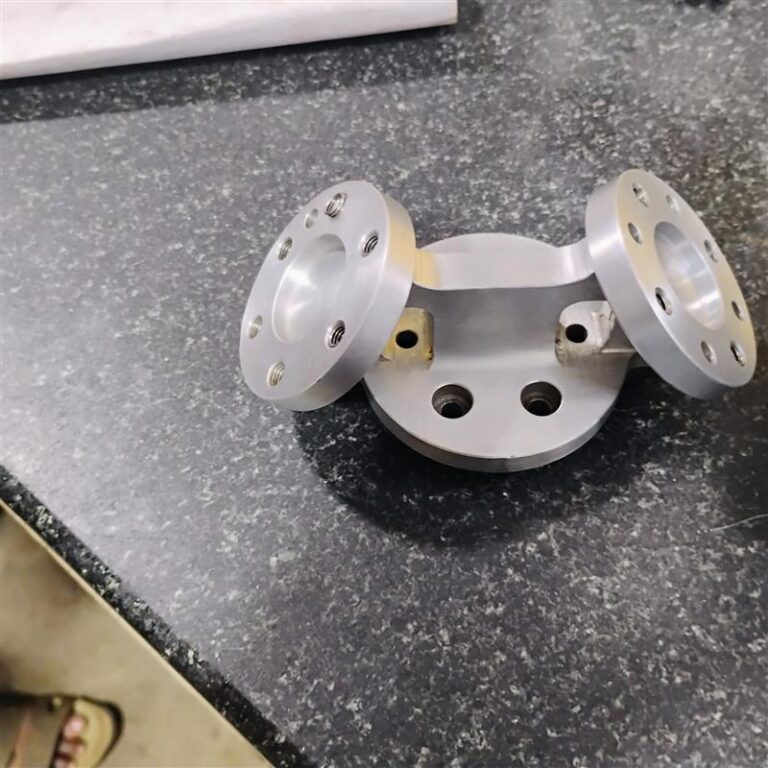
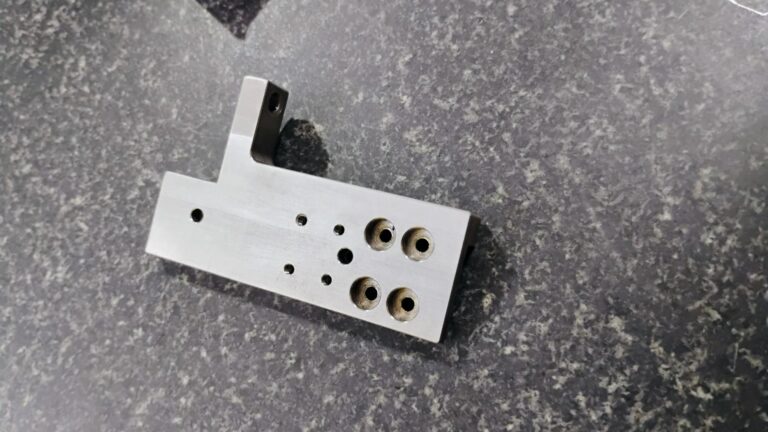
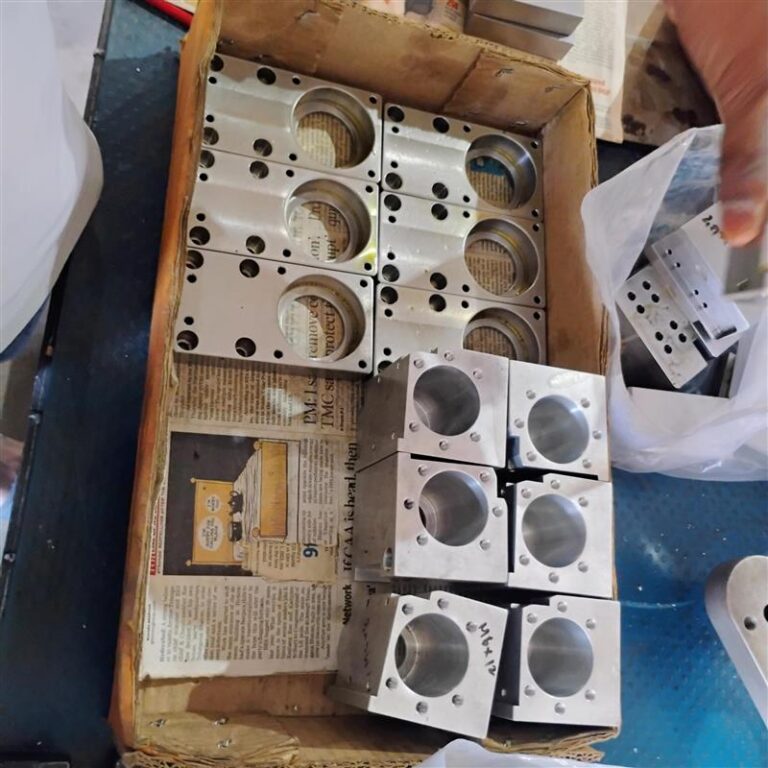
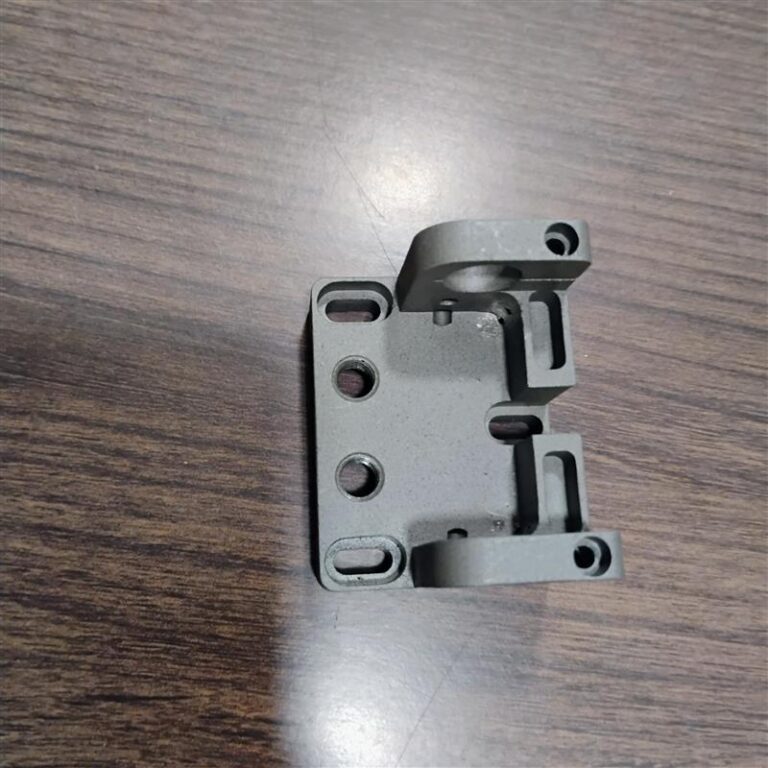
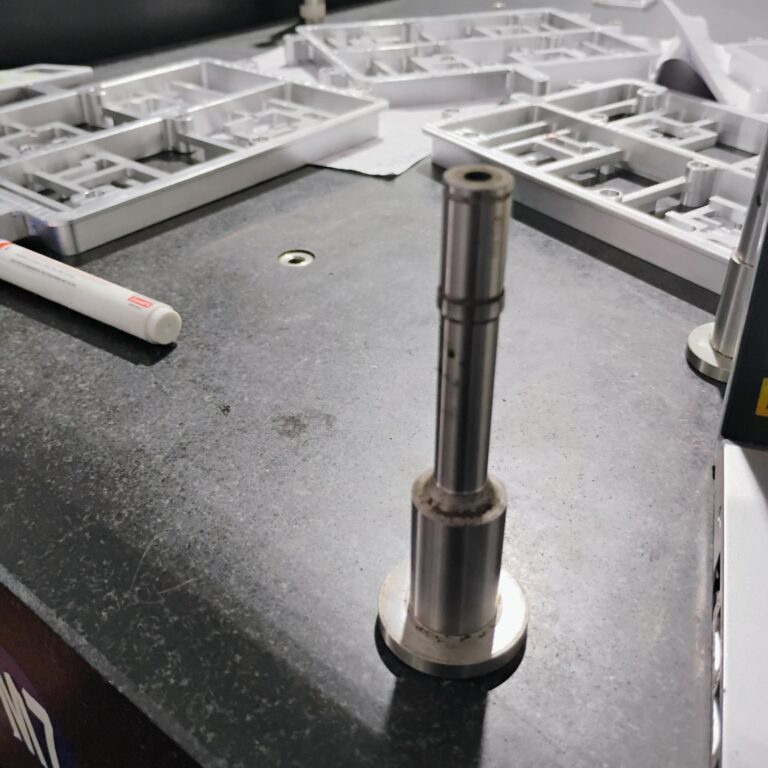
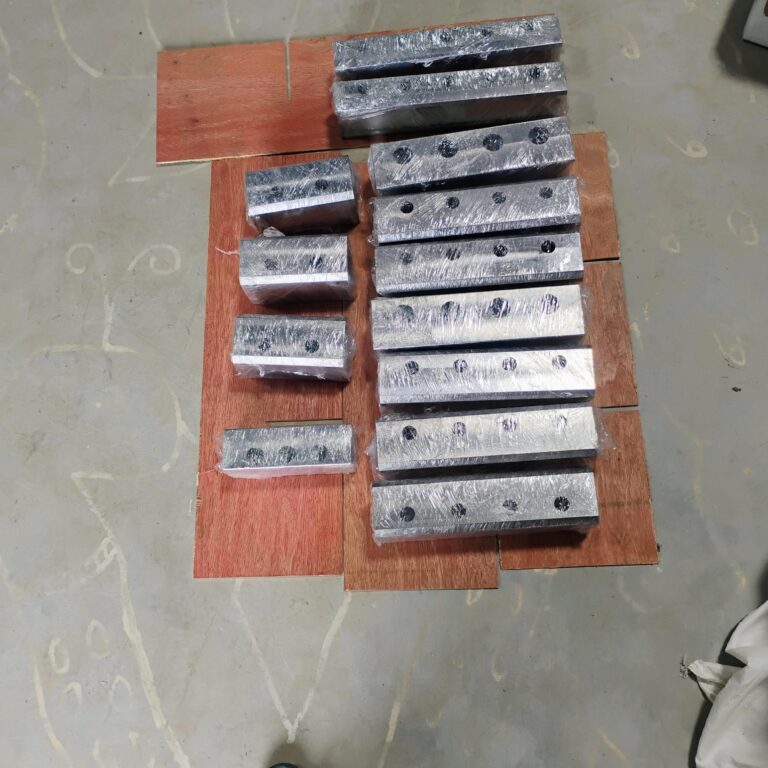


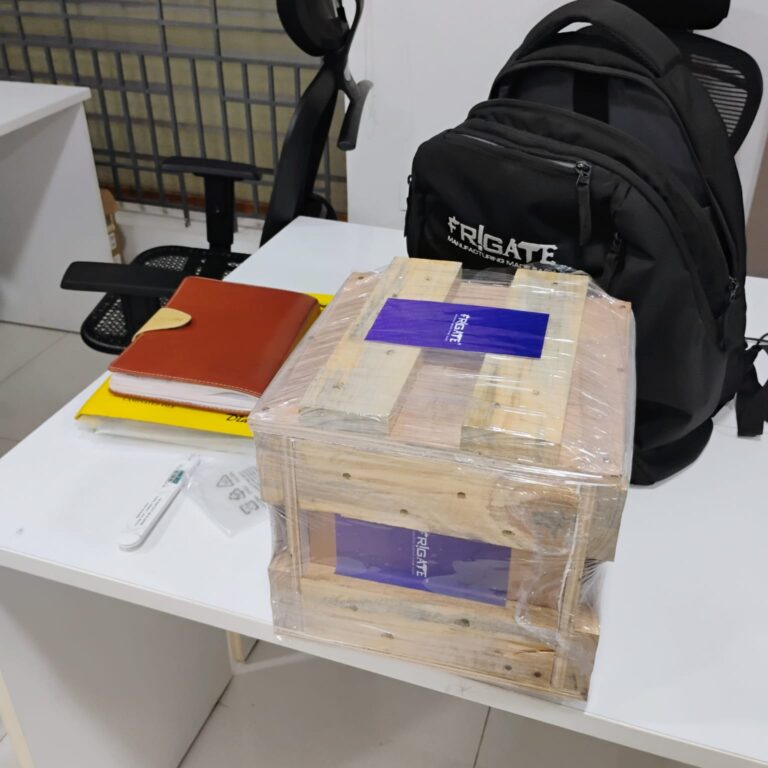



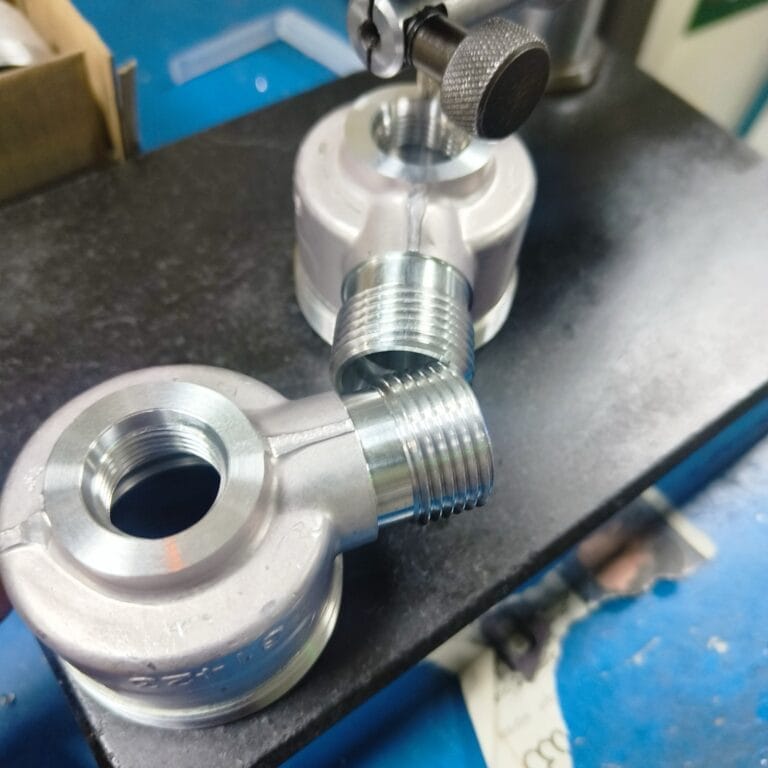

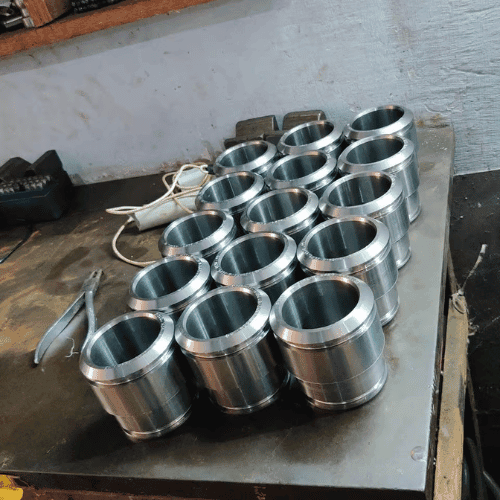
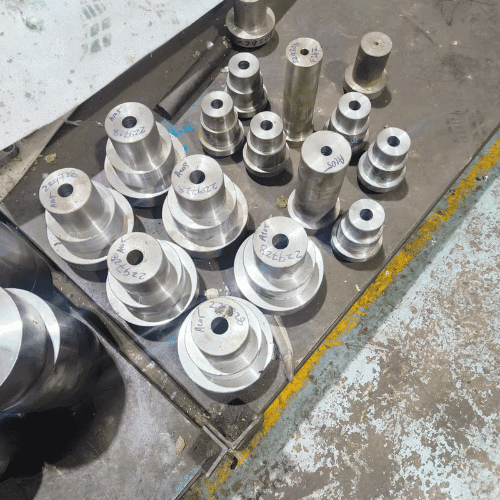
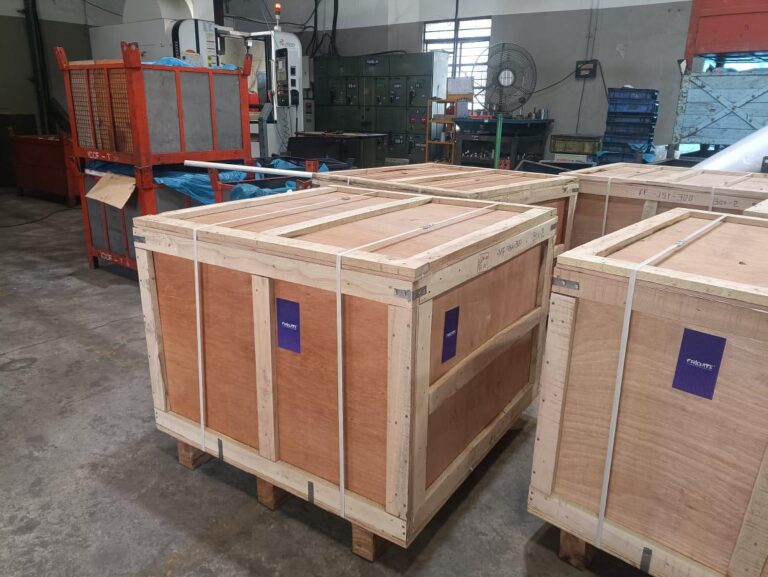
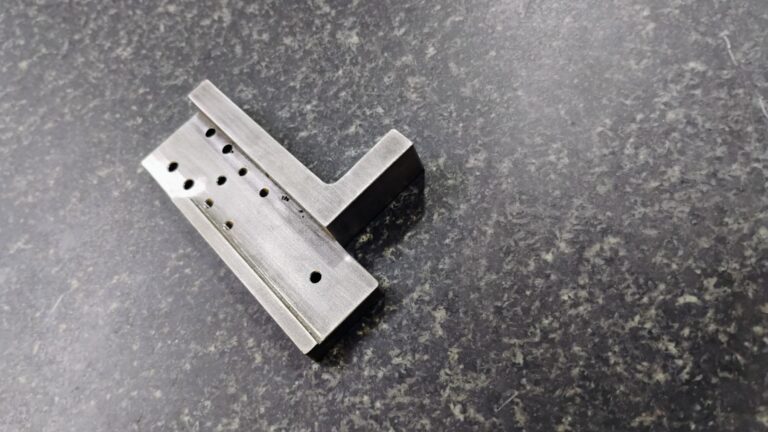
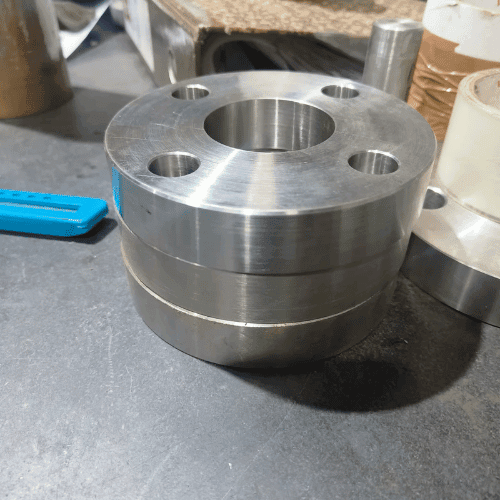
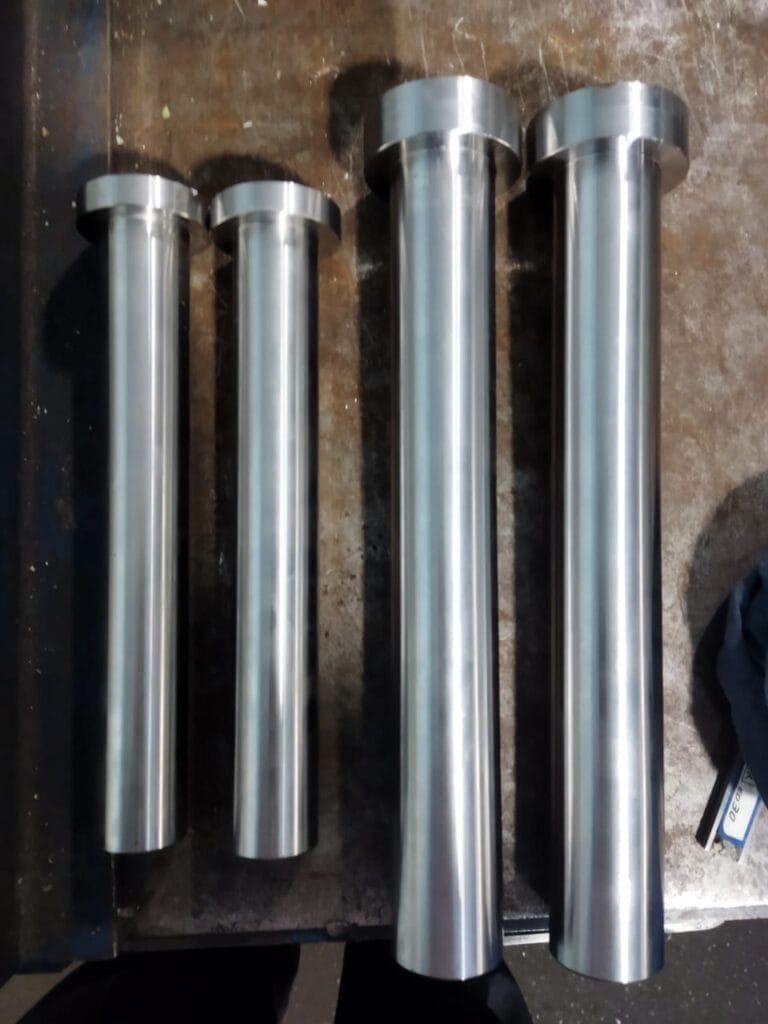

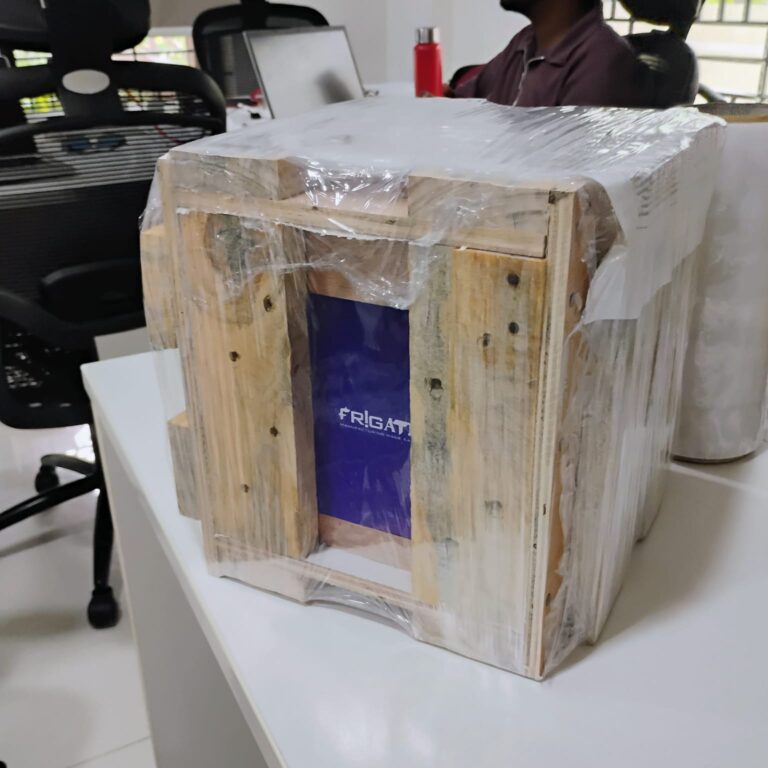

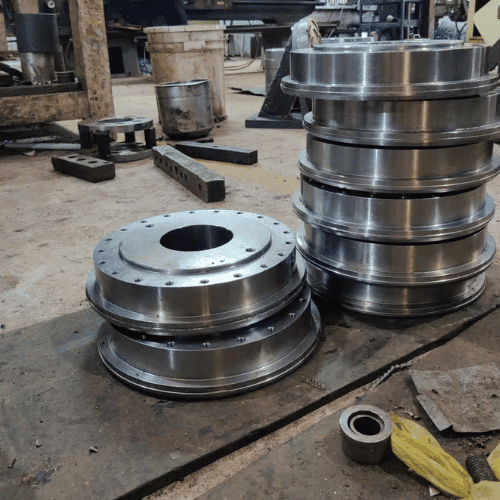
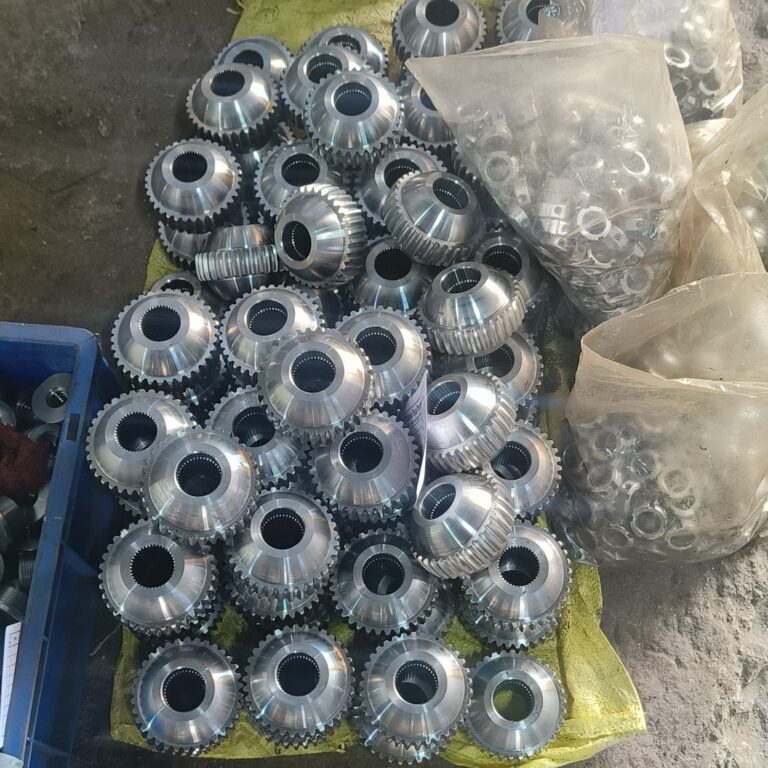
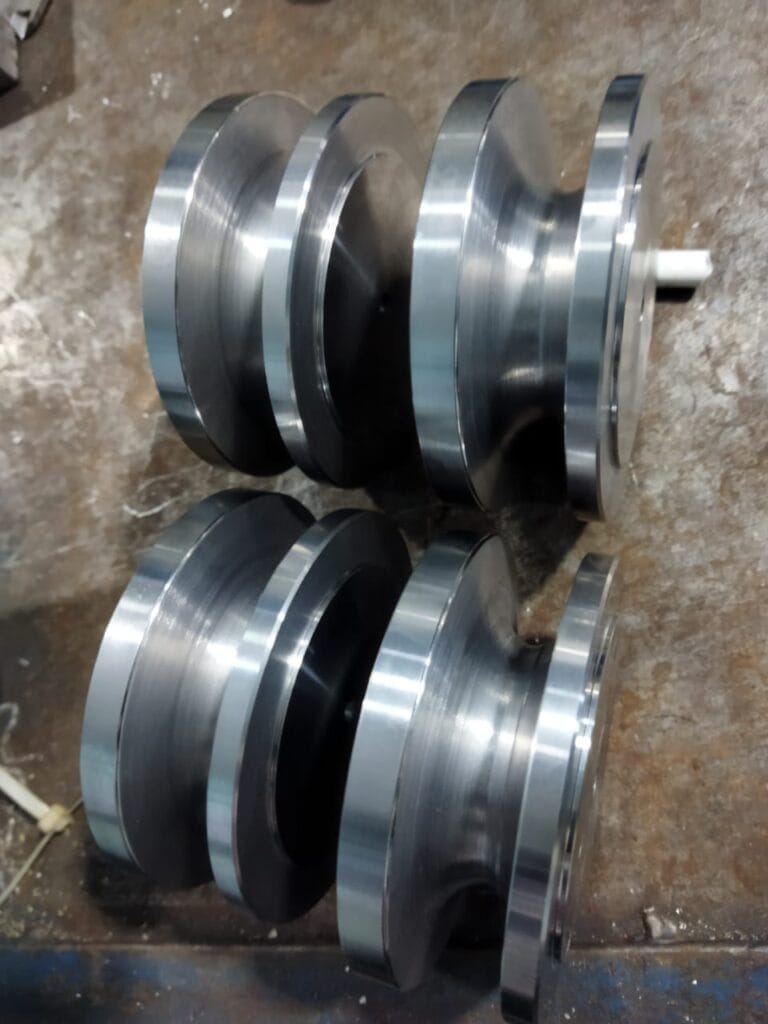
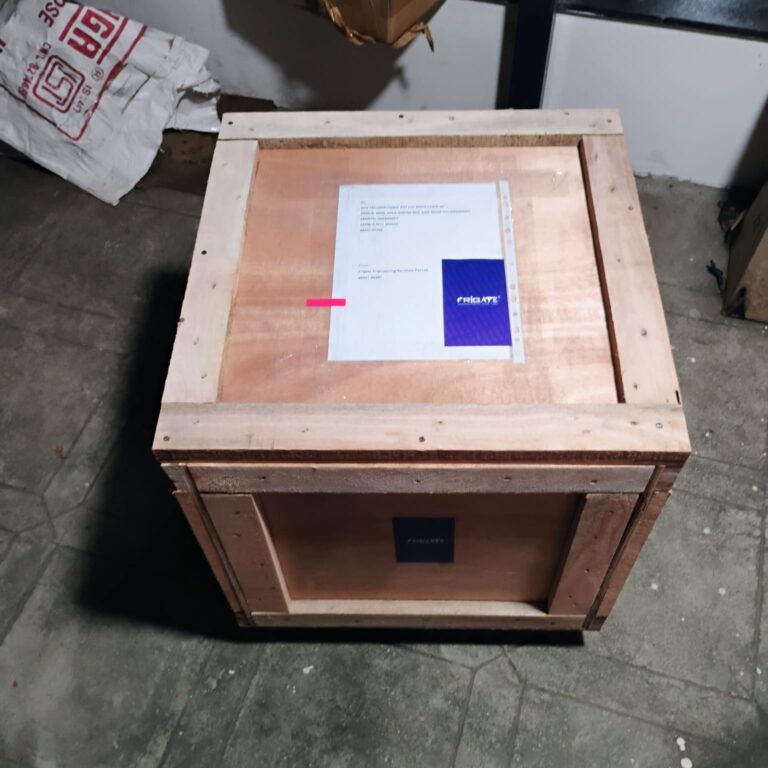
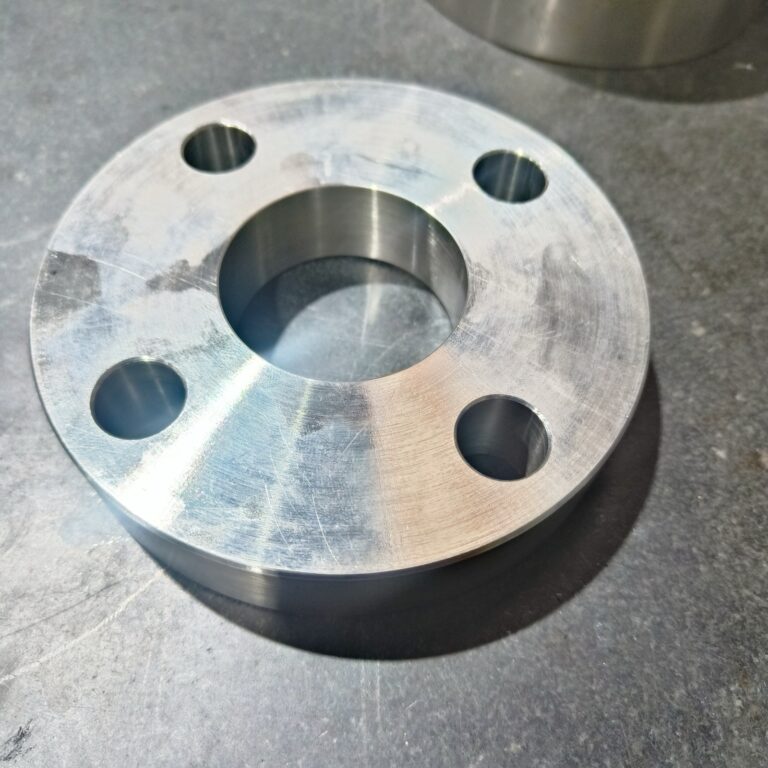
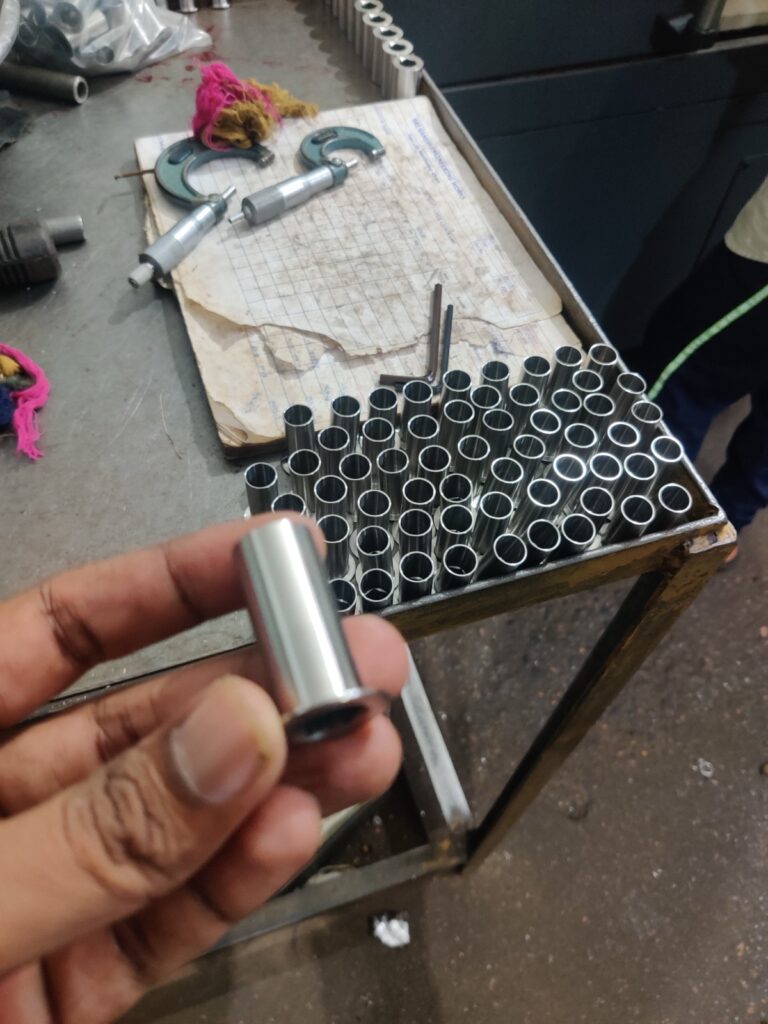
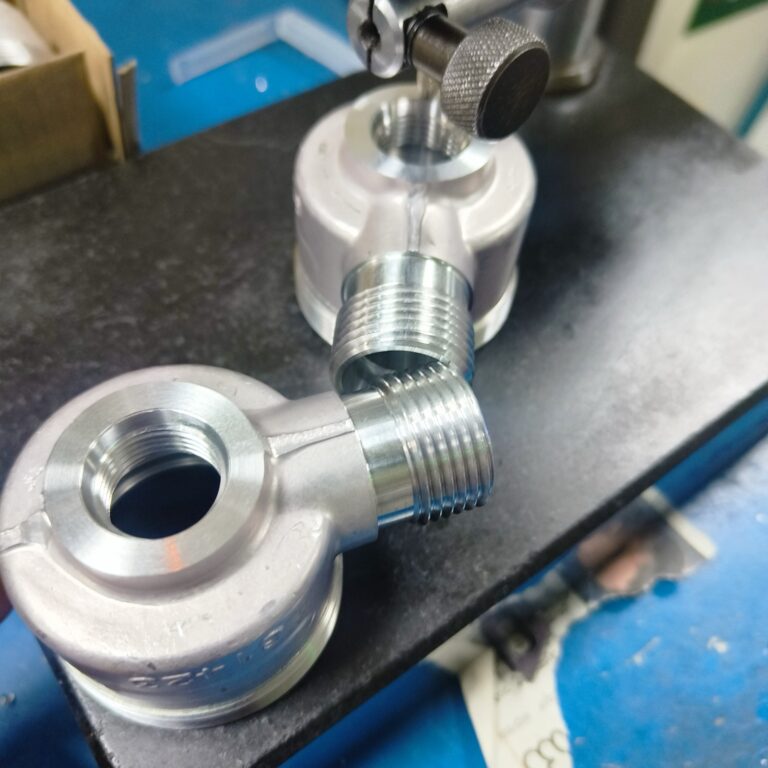
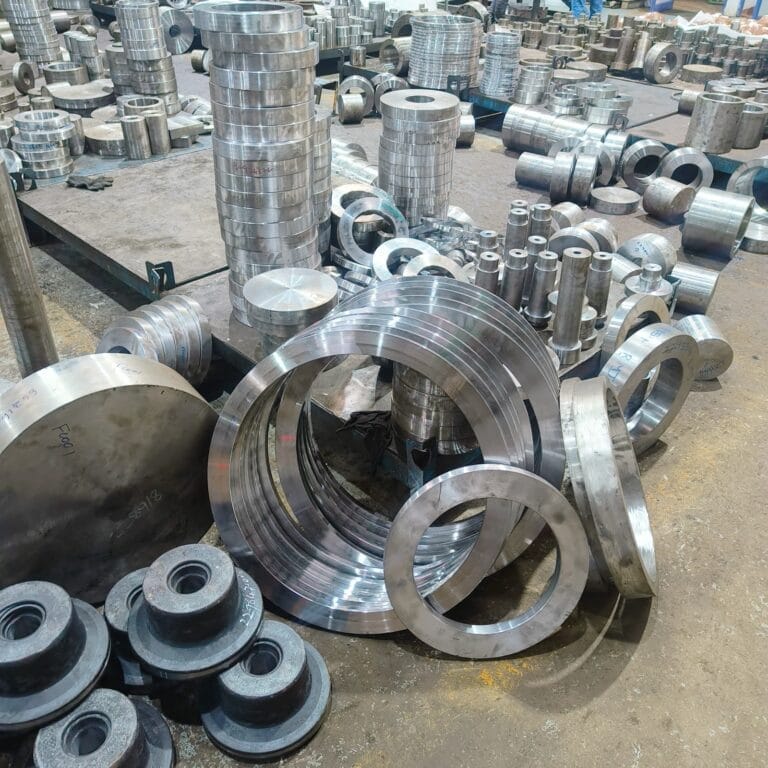
Other Industries We Serve
We deliver machining support across sectors that require consistency, material reliability, and tight dimensional control.
- Solid Progress
Our Manufacturing metrics
Frigate brings stability, control, and predictable performance to your sourcing operations through a structured multi-vendor system.
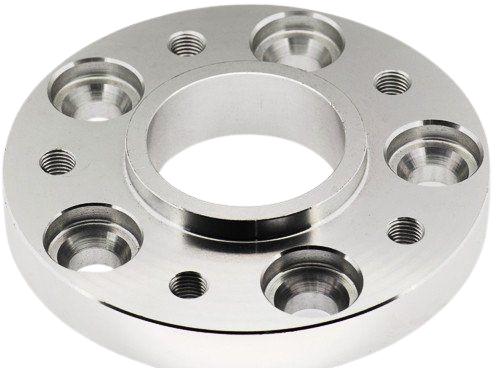
2.8X
Sourcing Cycle Speed
Frigate’s pre-qualified network shortens decision time between RFQ and PO placement.
94%
On-Time Delivery Rate
Structured planning windows and logistics-linked schedules improve project-level delivery reliability.
4X
Multi-Part Consolidation
We enable part family batching across suppliers to reduce fragmentation.
22%
Quality Rejection Rate
Multi-level quality checks and fixed inspection plans lower non-conformities.
30%
Procurement Costs
Optimized supplier negotiations and bulk order strategies reduce your overall sourcing expenses.
20%
Manual Processing Time
Automation of sourcing and supplier management significantly reduces time spent on manual tasks.
Get Clarity with our Manufacturing Insights
- FAQ
Having Doubts? Our FAQ
Check all our Frequently Asked Questions in CNC Turning
Frigate utilizes dual-spindle lathes with synchronized rotation control to ensure axial and radial alignment during the turning process. In-process probing verifies concentricity tolerances down to 0.005 mm. The machines compensate for tool deflection in real-time using feedback from load monitoring systems. This ensures flawless sealing performance in API-class valve bodies and stems under extreme pressure.
Frigate uses multi-pass fine turning with controlled feed rates and CBN tooling for sulfide stress cracking resistance. Post-turning, surfaces undergo non-directional burnishing to reduce residual tensile stress. The process is validated through profilometry and micro-hardness checks. This ensures compatibility with sour gas environments per material performance specifications.
Frigate uses live tooling with synchronized tailstock pressure to manage deflection on shafts exceeding L/D ratios of 10:1. The machines employ coolant-through tooling with thermal compensation modules. Laser inspection after rough and finish passes helps detect taper and drift. This approach guarantees stability in components like drill string subs and mandrels.
Frigate deploys custom-designed soft jaws and programmable chucking pressure systems to avoid part distortion. Vacuum workholding is used in some cases to distribute stress evenly. Finite element analysis is done beforehand to simulate clamping-induced stress zones. This results in dimensional integrity for critical components like sensor housings and telemetry enclosures.
Frigate machines premium threads using synchronized C-axis control and calibrated threading cycles. Real-time torque monitoring ensures consistent chip load across each pass. Threads are then verified using certified gauges and surface replication methods. This approach supports compatibility with torque-turn specifications and ensures leak-proof performance in downhole applications.
We'd love to Manufacture for you!
Submit the form below and our representative will be in touch shortly.
LOCATIONS
Global Sales Office
818, Preakness lane, Coppell, Texas, USA – 75019
Registered Office
10-A, First Floor, V.V Complex, Prakash Nagar, Thiruverumbur, Trichy-620013, Tamil Nadu, India.
Operations Office
9/1, Poonthottam Nagar, Ramanandha Nagar, Saravanampatti, Coimbatore-641035, Tamil Nadu, India. ㅤ
Other Locations
- Bhilai
- Chennai
- Texas, USA
